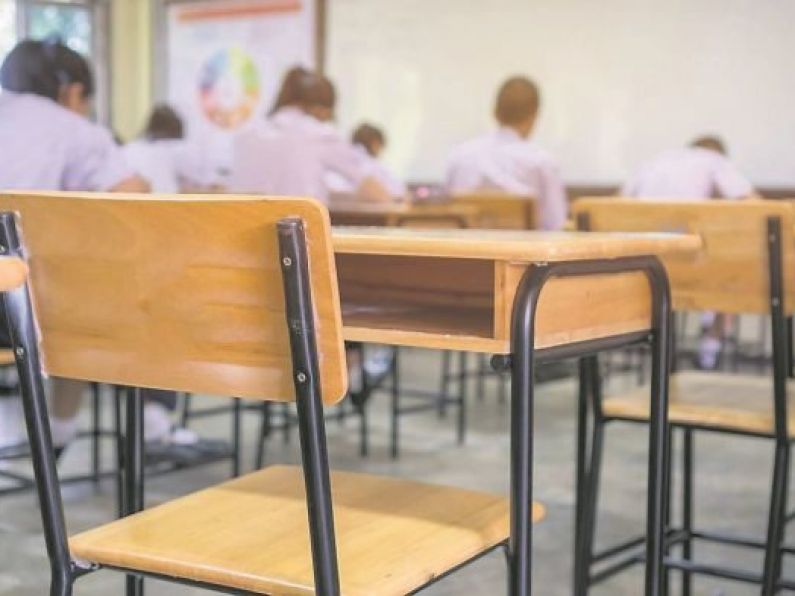Vivienne Clarke
Pornography, consent and gender stereotyping will soon become part of the Junior Cycle curriculum.
It follows a review conducted by the Department of Education which found it was "heavily concerned" with aspects of Ireland's relationships and sexuality programme.
Every school, irrespective of their ethos, will have to deliver the revamped version of the subject.
The updated curriculum is set to deal with pornography, with reference to safe use of the internet and the sharing of sexual images online. It will also focus on gender stereotyping and consent.
A draft review of Relationships and Sexuality Education (RSE) will be published Monday as part of the consultative process.
Minister for Education Norma Foley has described the proposed revamp of RSE as “a step in the right direction” and as the catalyst to empowering students to cope with life in the 21st century.
Ms Foley told RTÉ radio’s Morning Ireland that the current syllabus was 20 years old and children now lived in a different world.
It was important that students be given the tools to help them cope with “this complex world”, she added.
Zero Tolerance
The recent Zero Tolerance strategy to tackle domestic, sexual and gender-based violence had highlighted the importance of education and the Minister hoped that this draft would address that need and encourage students to “call out” inappropriate behaviour when they saw it.
When asked how pornography would be addressed in the draft, Ms Foley said that a key feature was the safe use of the internet and the potential impact on relationships of the sharing of sexual images online.
All issues covered by the revised RSE syllabus would be covered in a safe environment to ensure that students were given the skills to cope with all aspects of real life. Students needed to be aware of the importance of sharing personal information, the risks and consequences of sharing images online, she said.
The Minister “fully acknowledged” that more work needed to be done in the area of gender identity, students needed to feel included and safe and the RSE programme had a role to play to provide a voice for students.
The review and consultation was an opportunity for all to become involved. This was an invitation to all to express views and experiences, said Ms Foley.
Sexual harassment
Meanwhile, Rape Crises Network Ireland (RCNI) has welcomed changes to the existing curriculum.
"This updated curriculum is essential in a rapidly changing social, cultural and sexual landscape faced where sexual violence remains a persistent and widespread threat to young people," said RCNI.
Cliona Saidlear, executive director of RCNI said: "RCNI research has shown that Irish adolescents are experiencing high levels of sexual harassment and that for girls in particular sexual harassment and violence is normalised, denied and minimised.
"The children who will benefit from this comprehensive new curriculum must be given the tools to address their own and others’ desires and demands appropriately against our misogynistic cultural backdrop."






